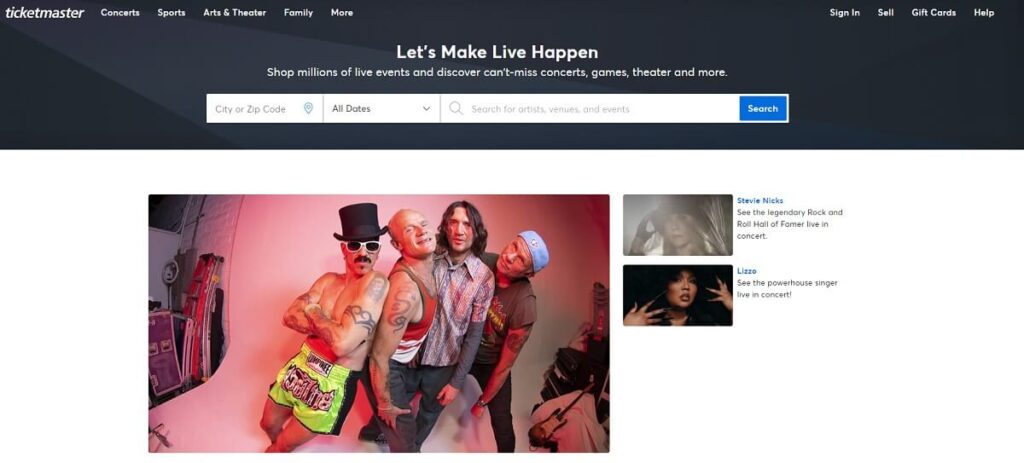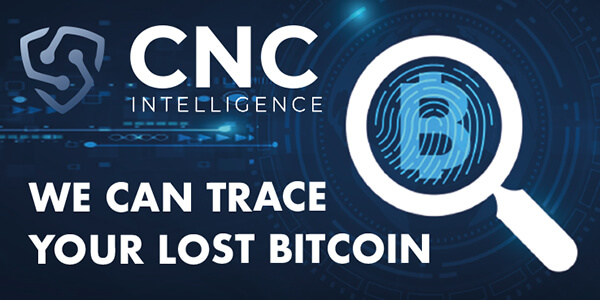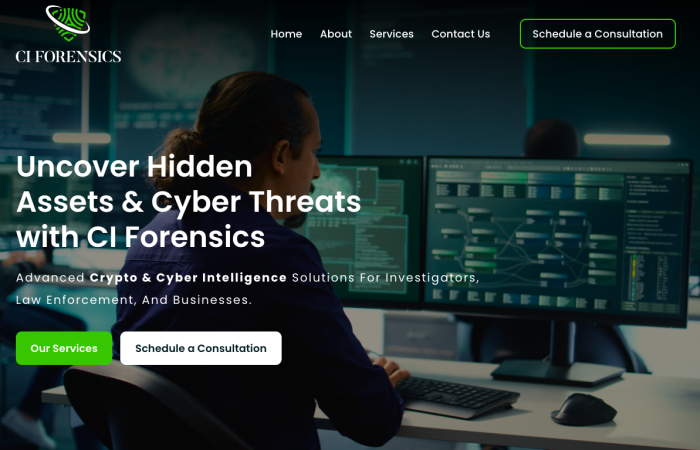Welcome to our Ticketmaster Scams Warning!
Yesterday, March 23, 2023, we received a message from a person who lost $450 in a common scam in which scammers impersonate Ticketmaster customer service and convince victims to purchase gift cards to receive a refund for a concert ticket.
In this case, the victim was told they could not receive a credit card refund and were asked to purchase an Xbox gift card instead. The scammers promised to refund the victim’s original ticket amount plus the gift card cost, but the victim soon realized they had been scammed after sending $450 worth of gift card photos to the scammers.
Here’s the full complaint:
I tried to get a refund for a concert ticket through Ticketmaster and called a phone number online which turned out to be illegitimate. The person who answered from #(669) 228-8551 informed me that they couldn’t refund my credit card, but suggested I buy a Ticketmaster gift card instead.
I went to a store to buy the gift card but there was no Ticketmaster available, so they recommended I buy an Xbox card instead. They assured me that I would be refunded the cost of the ticket plus the fee if I bought the ticket through Ticket Wallet, and that it was a one-time fee since I had never received a Ticketmaster refund before. I bought $450.00 worth of cards and sent a picture of them as instructed, only to later realize that I had been scammed.
Please be aware of Ticketmaster SCAMS!
Ticketmaster scams have made headlines lately as people return to live events post-pandemic.
Recent reports suggest that around 11 million Americans fall prey to ticket scams every year, which make up roughly 12% of all ticket buyers.
There are several common Ticketmaster Scams that you should be wary of, such as:
- Counterfeit Ticketmaster support phone numbers
- Ticket deals that seem too good to be true on social media and online marketplaces
- Fake ticket listings for sold-out events
- Ticketmaster look-alike websites that show up in search results
- Fraudulent ticket resellers who request personal information
- Hacked Ticketmaster accounts that resulted in tickets disappearing
In the case of the story we bring above, the individual attempted to obtain a refund for a concert ticket through Ticketmaster but called an online number that turned out to be fraudulent. Thus, this is the first category of Counterfeit Ticketmaster support phone numbers.
To avoid Ticketmaster scams, you should only buy tickets from the official Ticketmaster site, Ticketmaster.com, or its official app.

You should also be wary of any unsolicited emails or phone calls claiming to be from Ticketmaster. If you encounter a suspicious site or phishing email claiming to be Ticketmaster, never click links, open attachments, or reply to emails from suspicious or unknown senders. Forward the email as an attachment, along with your phone number, to spoof@ticketmaster.com.
If you are a victim of a Ticketmaster scam, please let us know by commenting below.
If you have lost significant money to online scams, do not lose hope. We can help you recover your funds!
TicketMaster Breach
Ticketmaster UK’s customer data was stolen through a hack due to a JavaScript vulnerability in customer support software from Inbenta Technologies Inc. Despite being warned about the issue by Monzo Bank Ltd. in April, Ticketmaster ignored the alert until the breach was publicly acknowledged in June. The hack compromised names, addresses, email addresses, phone numbers, payment details, and login information of potentially 40,000 UK customers. This incident highlights the risks associated with third-party services and underscores the need for thorough security controls.
In addition to this breach, Ticketmaster agreed to pay a $10 million fine to settle criminal charges related to hacking its rival, Songkick (formerly CrowdSurge). From 2012 to 2015, Ticketmaster employees illegally accessed CrowdSurge’s computers using stolen passwords to gain business intelligence. This settlement follows a civil lawsuit in 2018, where Ticketmaster paid $110 million. The fine requires Ticketmaster to implement a compliance and ethics program to prevent future violations and report annually to the U.S. Attorney’s General Office for three years.
Furthermore, the hacker group ShinyHunters offered data stolen from Live Nation/Ticketmaster on a forum. The data includes information on 560 million customers, such as names, addresses, email addresses, phone numbers, ticket sales, event information, order details, and credit card details. This data, totaling 1.3 TB, is being sold for $500,000.
Another hacker, Sp1d3rHunters, also announced the leak of 170,000 Taylor Swift ERAS Tour event barcodes and more than 30,000 Ticketfast event barcodes. The hacker demanded $2 million from Ticketmaster to delete the information, highlighting ongoing security vulnerabilities.
These incidents underscore the critical need for robust security practices, such as enforcing multi-factor authentication (MFA), single sign-on (SSO), and rotating passwords to protect against breaches. Organizations must fully control their cloud security and adopt preventive measures to mitigate risks and avoid mass cyberattacks.
Ticketmaster Scams: Conclusion
The rise of Ticketmaster scams serves as a stark reminder of the importance of vigilance when purchasing tickets online. Scammers are becoming increasingly sophisticated, often posing as legitimate customer service representatives and leveraging platforms like Ticketmaster to exploit unsuspecting victims. As highlighted by the recent $450 gift card scam case, these fraudulent schemes can lead to significant financial losses and emotional distress.
The prevalence of such scams, affecting millions of Americans annually, underscores the need for consumers to be cautious. Common scams include counterfeit customer support numbers, too-good-to-be-true ticket deals on social media, fake listings for sold-out events, and look-alike websites. Additionally, the Ticketmaster UK breach and subsequent legal troubles reveal vulnerabilities in even the most reputed platforms, emphasizing the necessity for robust cybersecurity measures.
To safeguard against these scams, always purchase tickets directly from official sources like Ticketmaster.com or its app. Be wary of unsolicited communications claiming to be from Ticketmaster, and avoid clicking on suspicious links or attachments. If you encounter a phishing attempt, report it to spoof@ticketmaster.com.
If you fall victim to a Ticketmaster scam, share your experience to help others avoid similar pitfalls. Remember, there are resources available to help recover lost funds. The key to preventing such scams lies in awareness, caution, and utilizing trusted platforms for all ticket transactions.
Stay informed, stay safe, and help spread the word about these deceptive practices to protect yourself and others from falling prey to Ticketmaster scams.
When you comment, your name, comment, and the timestamp will be public. We also store this data, which may be used for research or content creation in accordance with our Privacy Policy. By commenting, you consent to these terms.



